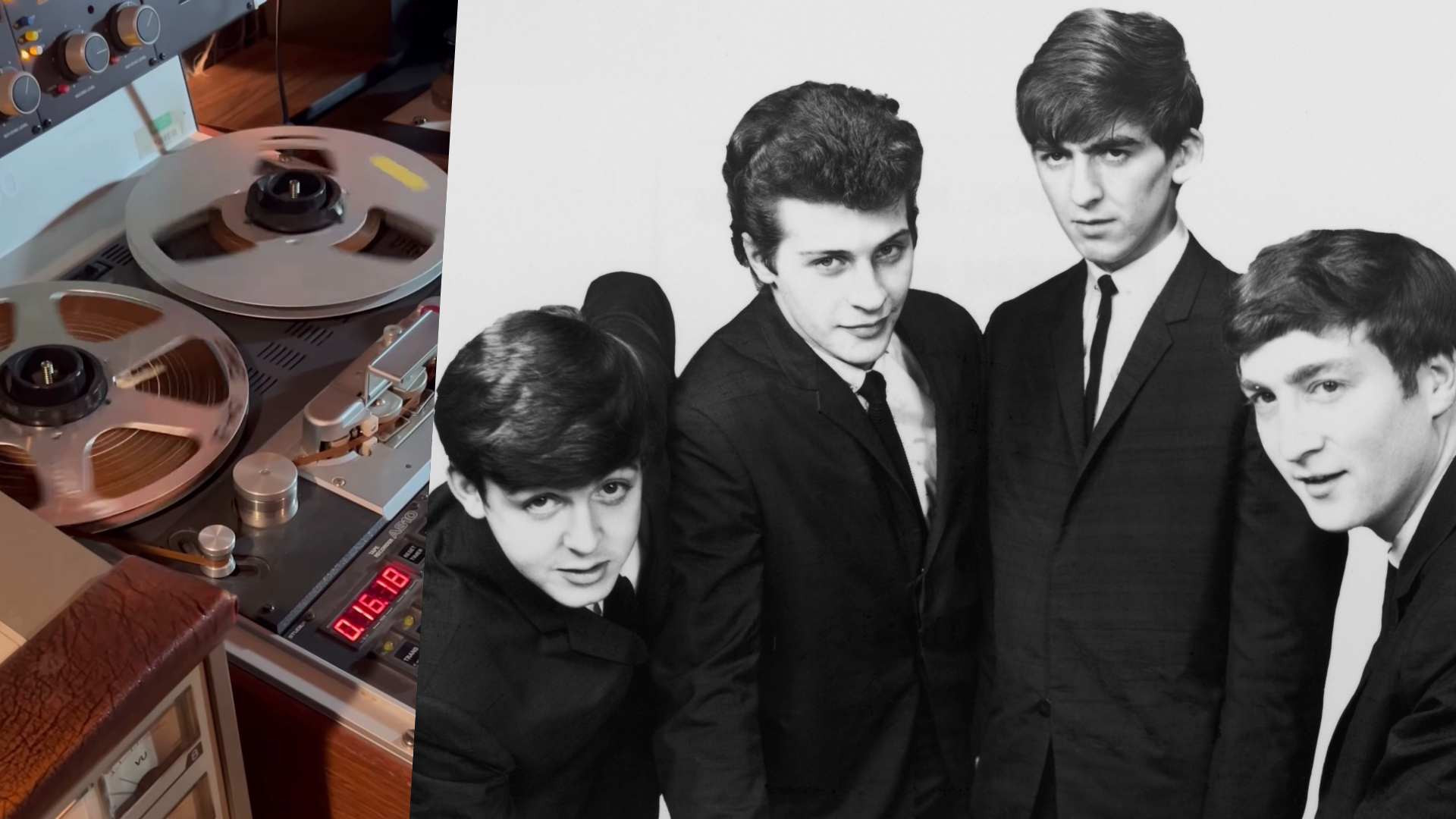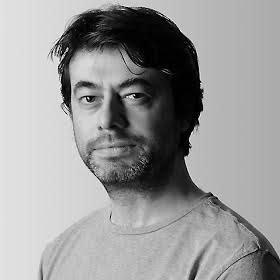"It seemed like the Beatles were in the room”: Canadian record shop owner finds mint condition 15-track version of The Beatles first Decca demo tape
It’s pretty much the holy grail of any possible Beatles recording, and fans are falling over themselves for more

You’d be forgiven for thinking that, by now, all of The Beatles ‘lost’ recordings or hitherto unknown peeks behind the moptop’s early 60’s curtains were thoroughly out in the open.
Well, much like the band’s own seemingly limitless and groaning archives, it appears there are still a few jaw-dropping Beatles recordings to be found out in the wild.
The latest discovery comes courtesy of Canadian record shop owner Rob Frith who had owned a reel-to-reel tape labeled ‘Beatles 60s demos’ for a number of years as part of the shop’s stock.
The enthusiastic collector had presumed that it was simply an early compilation of Beatles tunes that someone had ran to tape for speed and ease.
However, with the prospect of being able to finally listen to the tape at a friend’s suitably equipped studio, Frith brought along the tape only to be stunned by its contents. And now, via an Instagram post, the word is definitely out.
“I picked up this tape years ago that said Beatles Demos on it,” writes Frith. “I just figured it was a tape off a bootleg record. After hearing it last night for the first time, it sounds like a master tape. The quality is unreal. How is this even possible to have, what sounds like a Beatles 15-song Decca tapes master?”
A post shared by Rob Frith (@frith.rob)
A photo posted by on
It’s a question that many are now asking and the glory of a brand new, pristine original Beatles recording has got all of their following in a flutter.
Get the MusicRadar Newsletter
Want all the hottest music and gear news, reviews, deals, features and more, direct to your inbox? Sign up here.
Frith believes that the tape is a rare copy of a famous audition recording from the band's early days. Prior to being signed to Parlophone Records, The Beatles and manager Brian Epstein had, of course, produced a demo tape with which to tout their wares – the tape was famously recorded at Decca Studios in London, 1 January, 1962.
Decca would, of course, equally famously, go on to pass on signing (what would soon be) the (biggest) band (in the world) – claiming at the time that "guitar groups are on the way out" – and that audition tape would eventually appear as a much-bootlegged album in its own right throughout the 70s.
Thus a tape of that ‘album’ wouldn’t be remarkable, however Frith’s tape goes far beyond mere bootleg.
Larry Hennessey, owner of the studio in which Frith played the tape, noted that each song on the tape is separated by white, unrecordable, ‘leader’ tape, meaning that rather than simply being a copy of another tape, is the original songs spliced together to form a single, playable master.
As such – potentially the original master tape of The Beatles first ever recording – Frith’s find is therefore something special, both in terms of pure rarity and the undiluted pure quality of the original, non-transferred recording that it carries on board.
"The way that's wound on the tape, you can see that it separates the tracks. It's not a fast copy or a bootleg," Hennessey explained. Indeed, listening to it, "It seemed like the Beatles were in the room," Frith told CBC Canada.
The best version yet?
It’s therefore potentially an even better quality version of the recording which most recently appeared as part of 1995’s Beatles Anthology Volume 1 project, which bore just five of the 15 tracks apparently on Frith’s new master.
In 2012 a version of the 'master tape' sold to a Japanese collector for £35,000. However, the authenticity of this tape has been debated by experts as it only contains 10 songs. However Frith's new tape would appear to contain the full 15 songs from the session.
And thanks to his post and its rapid take-up among Beatles fans, it hasn’t taken long for more corroborating evidence and the tape’s backstory to come out of the woodwork.
Step up one Jack Herschorn. Herschorn was a Canadian record company executive who bought Mushroom Studios in 1971 and, now having left the music business, now lives in Mexico. While on a work trip in London a producer had given Herschorn the tape with the suggestion that he could release it in America and make some money from the up and coming band.
"I took it back and I thought about it quite a bit … I didn't want to put it out because I felt – I didn't think it was a totally moral thing to do," Hershorn said.
"These guys, they're famous and they deserve to have the right royalties on it … It deserves to come out properly,” he added. And, while wishing that by then world-famous musicians had signed to his label held onto the tape before forgetting all about it.
"I should have took it, but it didn't work out that way. You know, I had other things going on. I wasn't thinking about it,” he explained.
As to what will happen with the recording now, Frith has a number of options.
Claiming that he’s in no rush to sell it, Frith has suggested that if Decca wanted to use it to produce a new, definitive clean copy of the recording that he’d gladly give them access to it. Alternatively Frith has proposed that if Paul McCartney were to come to Neptoon Records in person, he’d happily hand it over.
"People say it could be really valuable. I don't know. I'm glad it's preserved," he said.
Daniel Griffiths is a veteran journalist who has worked on some of the biggest entertainment, tech and home brands in the world. He's interviewed countless big names, and covered countless new releases in the fields of music, videogames, movies, tech, gadgets, home improvement, self build, interiors and garden design. He’s the ex-Editor of Future Music and ex-Group Editor-in-Chief of Electronic Musician, Guitarist, Guitar World, Computer Music and more. He renovates property and writes for MusicRadar.com.
You must confirm your public display name before commenting
Please logout and then login again, you will then be prompted to enter your display name.
“It was originally called Everybody Wants To Go To War, which I knew didn’t work. When you’re a songwriter who doesn’t like the lyric, the song dies”: How Tears For Fears created an ’80s mega-hit
“I oversaw every element - not just the music and the lyrics and the melodies and the production, but also the merch and the fan clubs and everything”: Mike Portnoy talks about his years away from Dream Theater










